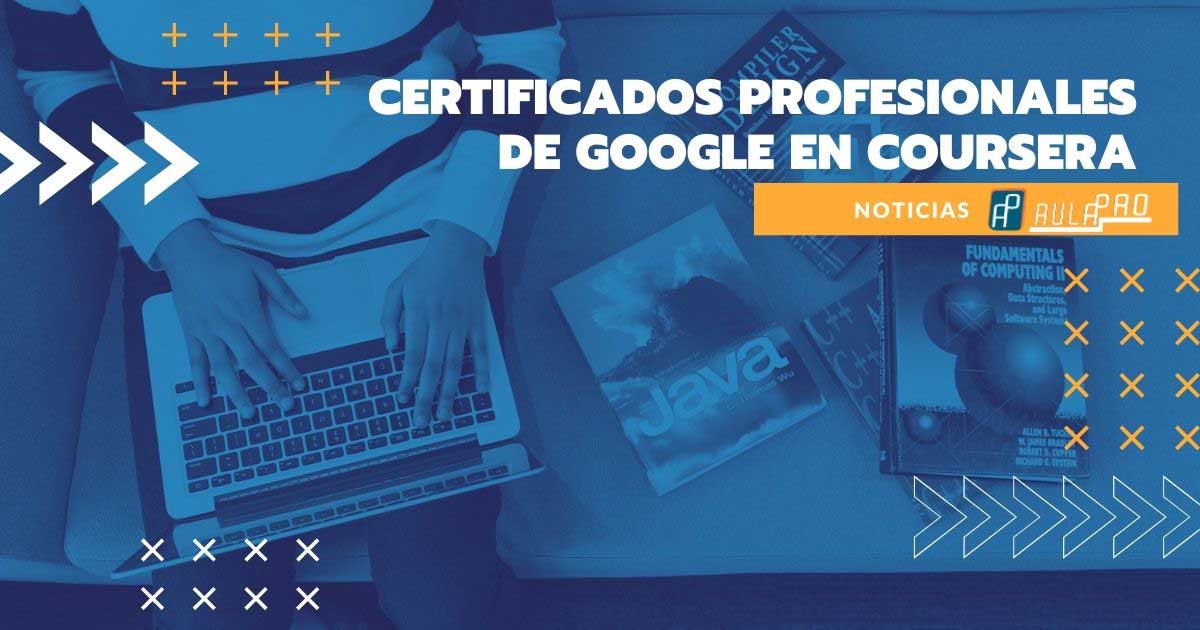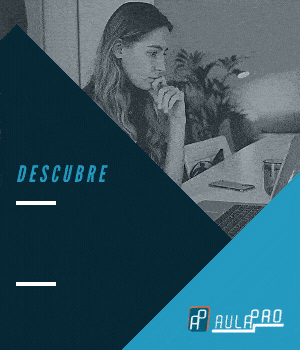How to remember everything you read? Tips for better retention of what you read
Follow all our advice and you will be able to remember your reading, regardless of whether you like it or not, whether it is from a magazine, the Internet or if it was a text assigned to you for an evaluation. All our advice is based on the Ipler Method: Inspect, ask, read, express and review. This method, proven, will allow you to remember everything you read and you can practice it in all kinds of readings.
1. Start reading with a purpose.
The Purpose of your reading must be fulfilled while you read; That is why you must answer the question Why am I reading this? If your goal is to learn about specific topics, you probably remember the topics you are interested in. If your answer is to know the author's arguments, your brain will focus on this and you will be able to do a selective reading. This type of reading gives relevance to what you intend and leaves in the background aspects that are important, but not relevant.
A second question is important. What do you have to remember from each reading? By responding, you will be remembering what is most important to you and this will allow your brain to learn what you need.
Take advantage: Annual Coursera Plus with $100 discount. USD $299 for a limited time! Click and find out how.
2. Practice Skimming
This technique is taught in preparation for specific tests for reading comprehension and to obtain the main ideas, which are usually located at the beginning and end of the paragraph; however, to remember what you read, it is necessary that in the skimmimg you include the reading of the titles, subtitles, tables, paragraphs highlighted in bold, boxes and, in general, all the information that is highlighted.
The benefits of this technique is the repetitive reading of the contents that you need to remember, but keep in mind that to achieve this you must always keep in mind what your reading objective is.
Finally, it is important that you remember the importance of speed in skimming, do not wear yourself out reading slowly what does not deserve it, but do not read quickly what you must remember either.
3. Skimiming is not enough. You also need to read carefully.
With skimming the eyes do not move with discipline. When you need to read carefully and remember the essence of important arguments or ideas, your eyes must perform fixations, that is, you must group words to read them simultaneously; this will allow you to associate content more easily and interconnect groups of words to respond to the objective of your reading.
Train yourself to read with reading fixations, since your mind will be concerned with abstracting the message from the contents, rather than recognizing letter by letter; this is one of the reasons why you don't remember what you read, instead think about what the words mean, so that you forget the need to decipher them individually. Learning it requires practice, if you can't, try to get professional help to train you in fixation reading.
4. Take notes or highlights
Good notes are not those in which you copy verbatim what the text says, but in which you write that same information with your own words. Resort to practicality and use abbreviations and symbols that you use frequently for your annotations. This will facilitate a more agile writing without losing connection with the reading thread. You can even create your own code.
Take advantage: Annual Coursera Plus with $100 discount. USD $299 for a limited time! Click and find out how.
Do not highlight wrong phrases and sentences. It is best to underline the key words in the text.
Keep in mind that you must highlight premises, also known as main ideas; these have the implicit particularity of expressing the context, so that when you reread them you will be able to know what they refer to and why, that is, they will not give you incomplete information. This is a key aspect to recognize when an idea is central, because this type of sentence summarizes the content of the paragraph and if you read them randomly, you understand it in its entirety, you do not need to read the entire text again and it will evoke the ideas secondaries without having to read them again.
The great utility of taking notes is not only that by reviewing them you remember the content, but also that the very fact of taking notes or highlighting allows you to appropriate ideas through repetition.
5. As you read, think in pictures.
In an image you can summarize the content of many words. So use this mechanism to order the information that responds to your reading objective. It is much easier for the brain to remember images than words and it is even faster.
To create these images, use what you highlighted or recreate the words with objects or people that you frequent daily. Exemplifying through images will also be useful. If you look for an example of everyday life in everything you read, you will not only remember easily, but everyday life will remind you of your learning.
Easy: look at the keywords and associate them with your everyday experiences. You can even tell yourself chain stories with the images you recreate; so you can remember a large amount of text while reading.
6. Paraphrase what you read.
Explain to yourself in your own words what you are understanding and what you are not. Ask yourself if you are responding to your reading objective and imagine that you are telling someone about the content of the text. Imagine that your interlocutor asks you questions. The answers are most likely in the text, so you will be forced to remember the content you just read. Yes, with this exercise you will remember what you read and you will be able to advance your reading level, since you will be able to establish a critical level and the best thing is that you will have the answers.
7. Rest!
After twenty minutes of reading with a high level of concentration, your brain will be exhausted. Rest, breathe and move on! Resting means doing something that distracts you, but don't push your brain too hard, otherwise the information you read won't be easy to remember. This oxygenation lapse will allow the text to be recorded in your cerebral cortex, which is where all the information that your hippocampus transported from your senses is stored.
8. Repeat.
Repeat what you read to appropriate the information. Do it out loud or find someone you can tell what you learned to. Use the highlighted information, your codes, your questions and check if you answered your reading goal.
Practice these tips in each reading and remember that you can use the Ipler method in any type of academic activity that you do. Over time you will follow these tips automatically and it will become part of your reading routine. The capacity of your brain is unlimited, so take advantage of it. You just need discipline to remember what you read. Accompany this routine of healthy eating. Avoid harmful consumption for your brain and sleep as much as you need, as this is one of the main ways to be healthy.












